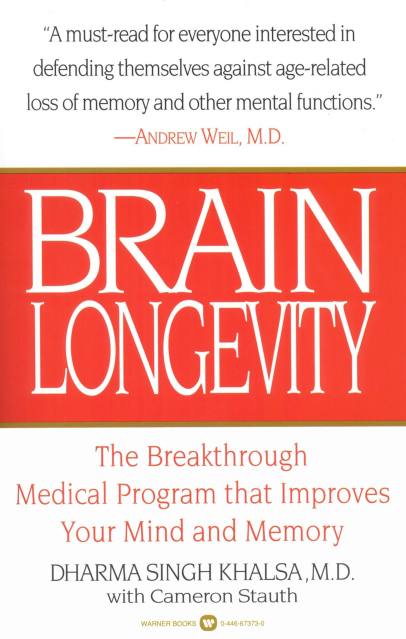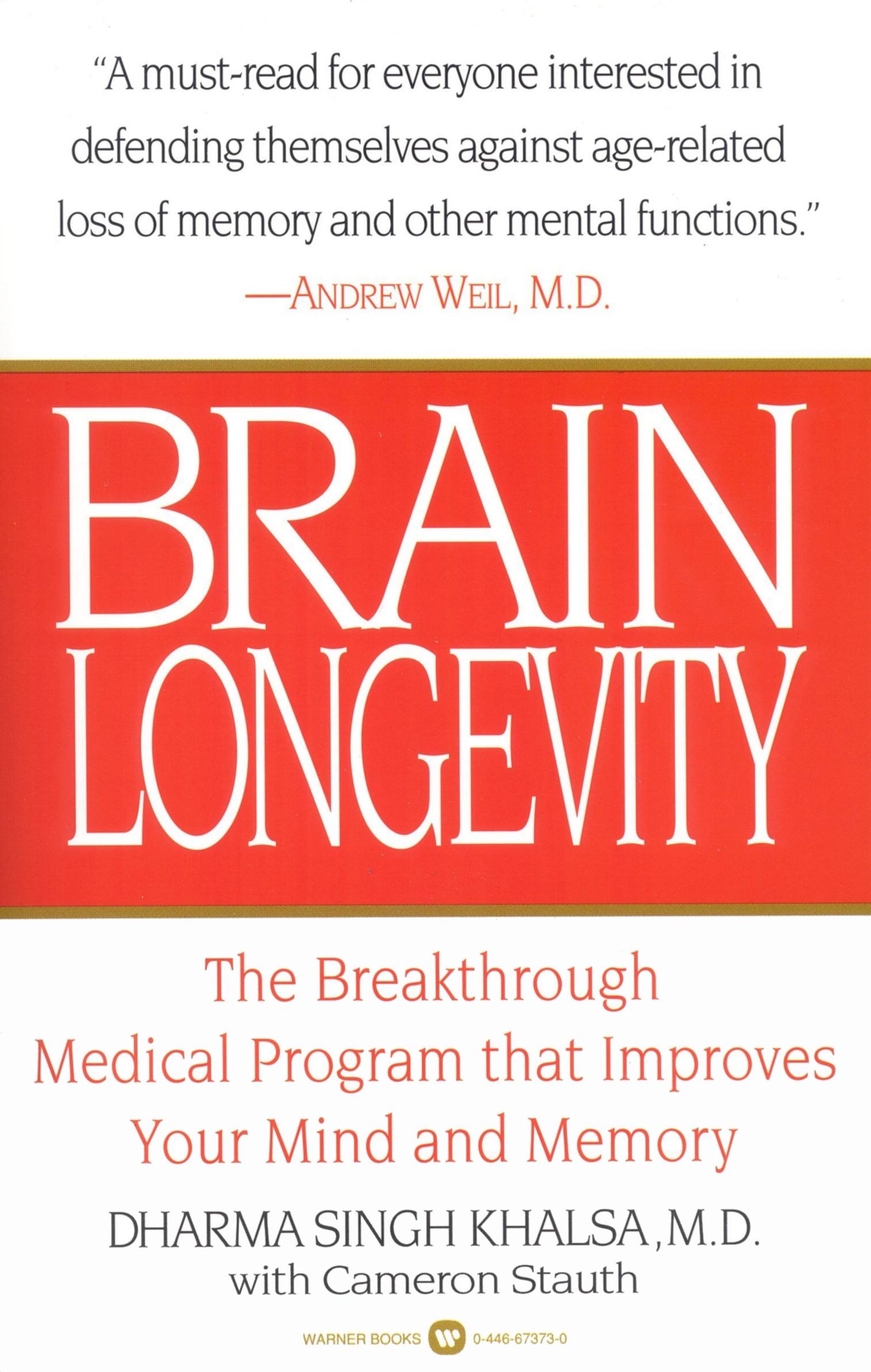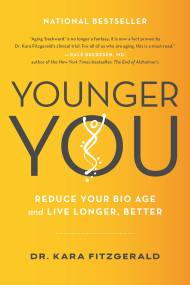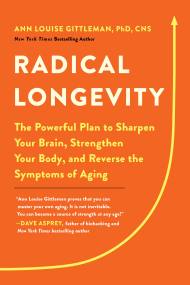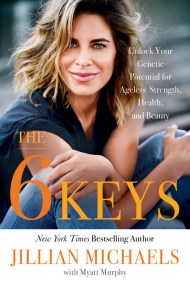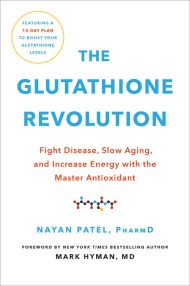Promotion
Use code MOM24 for 20% off site wide + free shipping over $45
Brain Longevity
The Breakthrough Medical Program that Improves Your Mind and Memory
Contributors
By Cameron Stauth
Formats and Prices
Price
$6.99Price
$8.99 CADFormat
Format:
- ebook (Digital original) $6.99 $8.99 CAD
- Audiobook Download (Unabridged)
This item is a preorder. Your payment method will be charged immediately, and the product is expected to ship on or around January 1, 2001. This date is subject to change due to shipping delays beyond our control.
Also available from:
As we grow older and experience the stresses of life, at about age 40 many of us begin to have trouble remembering things, concentrating, and generally staying mentally sharp. This book contains a four-part program including nutritional, stress-relieving, pharmacological, and mind-body exercise therapies to help people overcome the undesirable effects of normal brain “aging”. By controlling cortisol, a hormone that is toxic to the brain and present in excessive levels as we age, Dr. Khalsa’s plan can help improve memory and emotional zest.
This is the first book to:
Describe a program that may diminish age-associated memory impairment
Feature a clinical method that can promote memory functioning impaired by Alzheimer’s disease
Detail the physical damage done to the brain by stress, how it adversely affects memory and our other mental abilities, and what can be done about it.
Genre:
- On Sale
- Jan 1, 2001
- Page Count
- 464 pages
- Publisher
- Grand Central Publishing
- ISBN-13
- 9780759520424
Newsletter Signup
By clicking ‘Sign Up,’ I acknowledge that I have read and agree to Hachette Book Group’s Privacy Policy and Terms of Use
